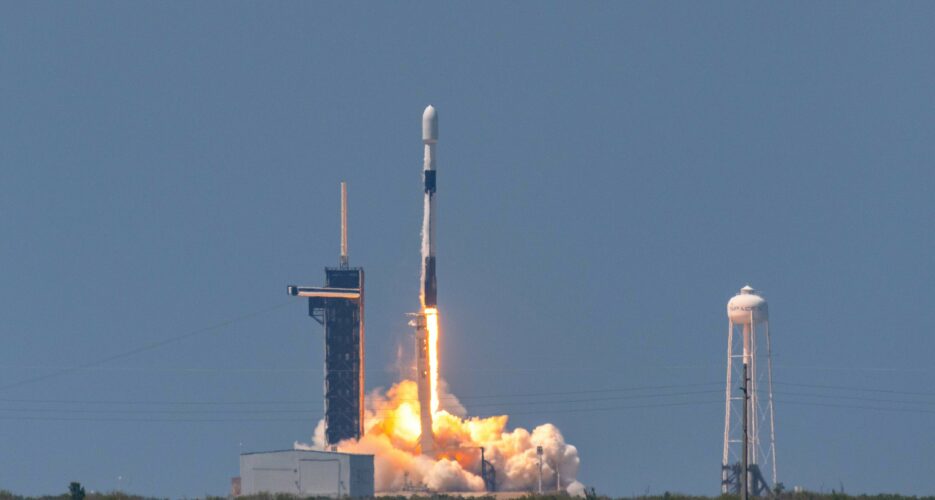South Korea will dispatch its first independent military reconnaissance satellite to closely monitor enemy military sites on Nov. 30, defense minister Shin Won-sik announced at a press meeting on Friday. He added that a SpaceX Falcon 9 rocket will deliver the satellite to orbit from Vandenberg Air Force Base about three hours north of Los Angeles. The launch marks a significant milestone five years after the previous administration initiated “Project 425” in 2018 to foster independent satellite technology. “Project 425” is led by the Defense Acquisition Program Administration and the Agency for Defense Development, and may include up to five independent satellites.
This includes four Synthetic Aperture Radar (SAR) satellites and one equipped with Electro-Optical (EO) and Infrared (IR) sensors. The first of these, the EO/IR satellite, is the one slated for launch later this month, with the four SAR ones expected next year. Conceived in 2014 and initially delayed by jurisdictional debates, the project is now on track under the management of the defense ministry. Once operational, these satellites will be used to bolster South Korea's “Kill Chain” system designed to preemptively counter North Korean threats by monitoring their origins and neutralizing them in wartime scenarios.
South Korea will dispatch its first independent military reconnaissance satellite to closely monitor enemy military sites on Nov. 30, defense minister Shin Won-sik announced at a press meeting on Friday. He added that a SpaceX Falcon 9 rocket will deliver the satellite to orbit from Vandenberg Air Force Base about three hours north of Los Angeles. The launch marks a significant milestone five years after the previous administration initiated “Project 425” in 2018 to foster independent satellite technology. “Project 425” is led by the Defense Acquisition Program Administration and the Agency for Defense Development, and may include up to five independent satellites.
This includes four Synthetic Aperture Radar (SAR) satellites and one equipped with Electro-Optical (EO) and Infrared (IR) sensors. The first of these, the EO/IR satellite, is the one slated for launch later this month, with the four SAR ones expected next year. Conceived in 2014 and initially delayed by jurisdictional debates, the project is now on track under the management of the defense ministry. Once operational, these satellites will be used to bolster South Korea's “Kill Chain” system designed to preemptively counter North Korean threats by monitoring their origins and neutralizing them in wartime scenarios.
Get your
KoreaPro
subscription today!
Unlock article access by becoming a KOREA PRO member today!
Unlock your access
to all our features.
Standard Annual plan includes:
-
Receive full archive access, full suite of newsletter products
-
Month in Review via email and the KOREA PRO website
-
Exclusive invites and priority access to member events
-
One year of access to NK News and NK News podcast
There are three plans available:
Lite, Standard and
Premium.
Explore which would be
the best one for you.
Explore membership options
© Korea Risk Group. All rights reserved.
No part of this content may be reproduced, distributed, or used for
commercial purposes without prior written permission from Korea Risk
Group.












